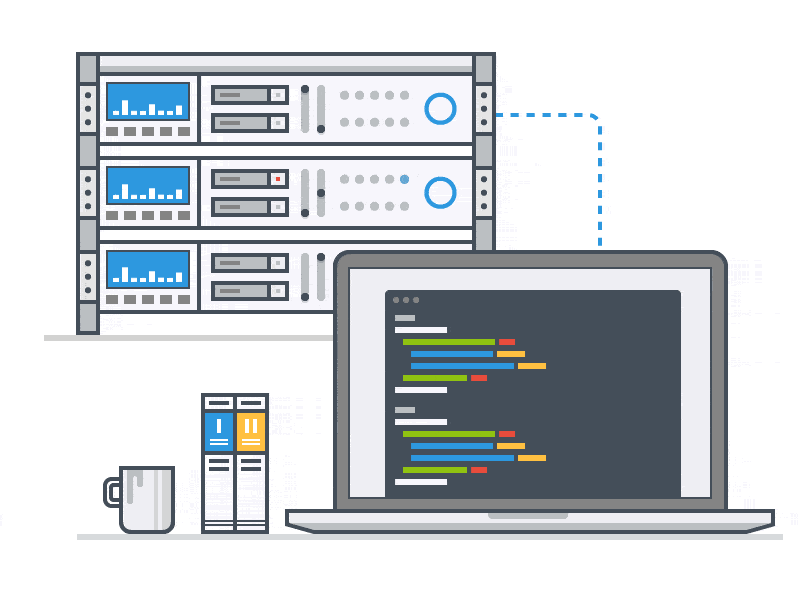Search is shifting from keywords to conversations, and from answers to actions. Large language models like ChatGPT started as tools for summarising content and answering questions. Then they began recommending products, comparing features, and linking to stores. Now, they’re moving into the final step: enabling purchases directly inside the chat.
This evolution is creating a new era of e-commerce. Instead of users typing “best running shoes” into a search bar and scrolling through pages of results, they’re asking conversational questions like “What’s the best pair for trail running under $150?”, and getting tailored product recommendations instantly. Soon, they’ll be able to buy them on the spot, without leaving the chat interface.
This is LLM shopping, and it’s reshaping how discovery, decision-making, and conversion happen online. And because it relies on how search engines and AI understand your content, SEO is at the centre of this shift.

What is LLM Shopping and Why It Matters
LLM shopping is the evolution of organic search into commerce. It’s what happens when an LLM goes beyond answers and starts curating products, comparing features, and driving decisions within a conversion.
Traditional e-commerce relies on users typing keywords, browsing pages, and making decisions manually. LLM shopping comprises all of that into a single step. It understands user intent and contexts, surfacing relevant products in seconds. This change matters because it changes the user behaviour:
- Users now describe needs instead of typing single keywords
- Users get curated recommendations instead of search results
- They convert without leaving the chat
For brands, this means that your website isn’t the only storefront anymore. Your products need to exist where conversations happen, and that increasingly means inside AI tools. That shift requires adopting a comprehensive AI SEO & LLM optimisation strategy.
How LLM Shopping is Changing the Buyer Journey
The buyer is no longer linear. It’s conversational. And LLMs are rewriting each stage.
- Discovery: Instead of typing ‘best yoghurt brands in Australia’ into search engines, a user asks, ‘What are the healthiest high-protein yoghurts for breakfast?’ AI understands the user intent and surfaces specific product options that meet those criteria.
- Consideration: LLMs go beyond listing products. They compare nutritional values, flavours, ingredients, and packaging sizes, helping users to decide which yoghurt fits their diet, taste preferences or sustainability goals.
- Decision: The purchase can happen right there. A user can pick a yoghurt and complete the checkout without leaving the chat, turning a simple question into a direct sale.
For users, this is seamless. For brands, it raises the bar. Your product data, descriptions and structured content must now be optimised so LLMs can read, interpret and trust it.

What is Coming Next: Shopify x OpenAI
The partnership between Shopify and OpenAI is one of the strongest signs of where e-commerce is heading. Soon, Shopify merchants will be able to list and sell products directly inside ChatGPT.
This will allow brands to:
- Reach millions of new shoppers where product discovery is already happening
- Turn prompts into purchases without users leaving the chat interface
- Set up quickly with their existing Shopify infrastructure
It is part of a broader move toward agentic commerce, where AI agents do more than recommend. They complete transactions.
A New Standard for AI Shopping
This shift is not just a Shopify experiment. OpenAI, together with Stripe, Etsy and Shopify, have launched The Agentic Commerce Protocol, an open standard designed to power a new generation of AI-driven shopping experiences.
The goal is simple: make it possible for large language models to understand, access and transact with product data across the web. Instead of each brand or platform building its own solution, the protocol creates a shared language for AI and commerce.
For brands, this is a game-changer:
- It makes your products discoverable by multiple AI agents, not just one platform
- It ensures product details, pricing and availability are accurately understood and represented by AI tools
- It opens the door to new commerce opportunities in interfaces beyond traditional search or websites
What LLM Shopping Means for SEO and E-Commerce Strategy
LLM shopping changes the foundation of visibility. It is no longer about ranking for a single keyword. It is about how well AI understands your products, your categories, and your brand.
Here is what shifts:
- HTML product titles now influence discovery. ChatGPT pulls data from your on-page structure, not just your product feed. Metadata is now a ranking signal.
- Structured data is essential. A schema for products, offers, and reviews helps AI interpret your site. Without it, your products risk being invisible.
- Semantic context outranks keyword repetition. AI understands entities, relationships, and intent. Relevance matters more than density.
- UX extends beyond your website. The product experience must work in chat-based environments as well as in your store.
If you are rethinking your approach to AI visibility, explore how AI-readable content structures and optimising for AI understanding shape how your products appear in results.
Store AI-Ready Checklist
This shift is coming fast. Here is how to future-proof your store and improve your chances of appearing in LLM shopping results:
- Audit your product pages for clear, accurate titles and metadata
- Implement structured data for products, pricing, and availability
- Strengthen semantic SEO to improve entity relationships and relevance
- Optimise code and assets for fast load times and easier parsing
- Explore Shopify’s ChatGPT integration early
- Rethink conversion flows to suit chat-first experiences
It is also worth learning how zero-click search still drives value and how to earn citations in AI results. These tactics feed into how LLMs assess and surface content.

Common Questions About LLM Shopping and AI Commerce
What is LLM shopping?
LLM shopping is when large language models like ChatGPT recommend and sell products directly inside a conversation. It turns queries into discovery and purchases.
How is it different from traditional e-commerce?
Instead of browsing search results and product pages, users ask questions conversationally. AI then surfaces relevant products and enables purchases without leaving the chat.
How does SEO help with LLM shopping?
SEO ensures your product pages are structured, semantically rich, and understandable by AI. Clean metadata, structured data, and entity relationships improve your chances of being surfaced.
What role does Shopify play?
Shopify is partnering with OpenAI to allow merchants to list and sell products directly in ChatGPT. This integration will make conversational commerce widely accessible.
The Future of eCommerce Is Conversational
LLM shopping is not a future trend. It is happening now. AI tools like ChatGPT are shifting from search assistants to storefronts, and how you structure your content, data, and site will determine whether you are visible in this new landscape.
The brands that act now will own visibility in the next phase of eCommerce. Those that do not risk being left out of the conversation entirely. To stay ahead, explore how AI is reshaping search and align your strategy with how people discover and buy today.Ready to make your products visible in the age of AI shopping? Talk to us and let’s build an LLM-ready strategy that puts your store where customers are making decisions.


